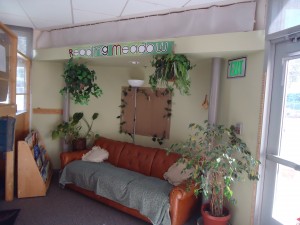
Excellent reading habits begin in the early years. Introducing children to literature in preschool supports kindergarten readiness, promotes early literacy and supports a love of language and reading. A preschool library corner is a distinct area of the classroom with a variety of board books, picture books, early readers and comfortable seating. Create a preschool library corner in order to promote critical thinking skills and to enhance creative and social development.
Critical and Creative Thinking Skills
A reading corner helps to foster critical and creative thinking skills. Reading both fiction and nonfiction books to preschool children,asking questions that help children relate the story to their own lives is a great way to help them compare the book with familiar books. Encourage children to predict what might happen next. These activities also help children use words to express themselves and their preferences.
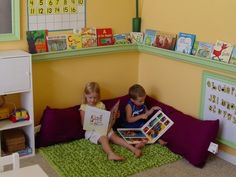
Social Development
Having a preschool reading corner provides a place for exposure to group reading activities. This helps preschoolers acquire social skills. Reading books in groups help children to learn how to pay attention in a large group setting. Group reading activities also help children learn to share and take turns with peers. Encourage children to share books and take turns reading stories to each other.
Kindergarten Readiness
A preschool reading corner supports school readiness by improving literacy and listening skills. When children enter kindergarten they should know concepts related to books such as how to hold and turn the pages of a book and that the pictures are related to the story. They should know some nursery rhymes which are found in preschool books. Preschoolers entering kindergarten should also have the ability to identify letters visually. Exposure to books in a preschool reading corner enhances these skills.
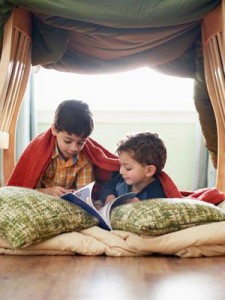

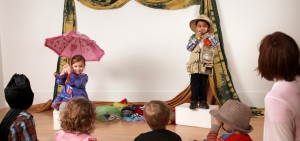
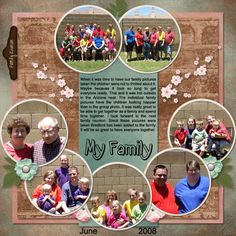

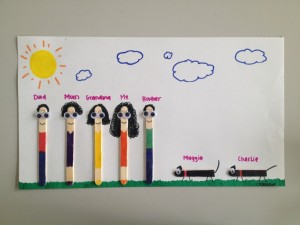
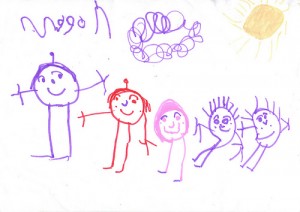
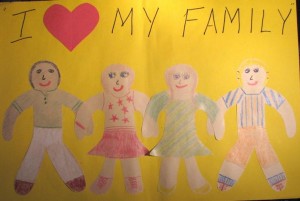
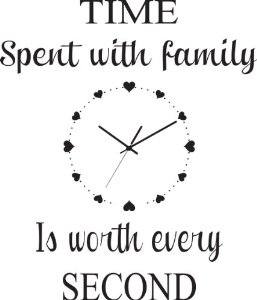
 Builds self-esteem in children
Builds self-esteem in children Strengthens family bonds
Strengthens family bonds Develops positive behaviors
Develops positive behaviors Creates happy memories
Creates happy memories Helps parents and children reconnect
Helps parents and children reconnect

